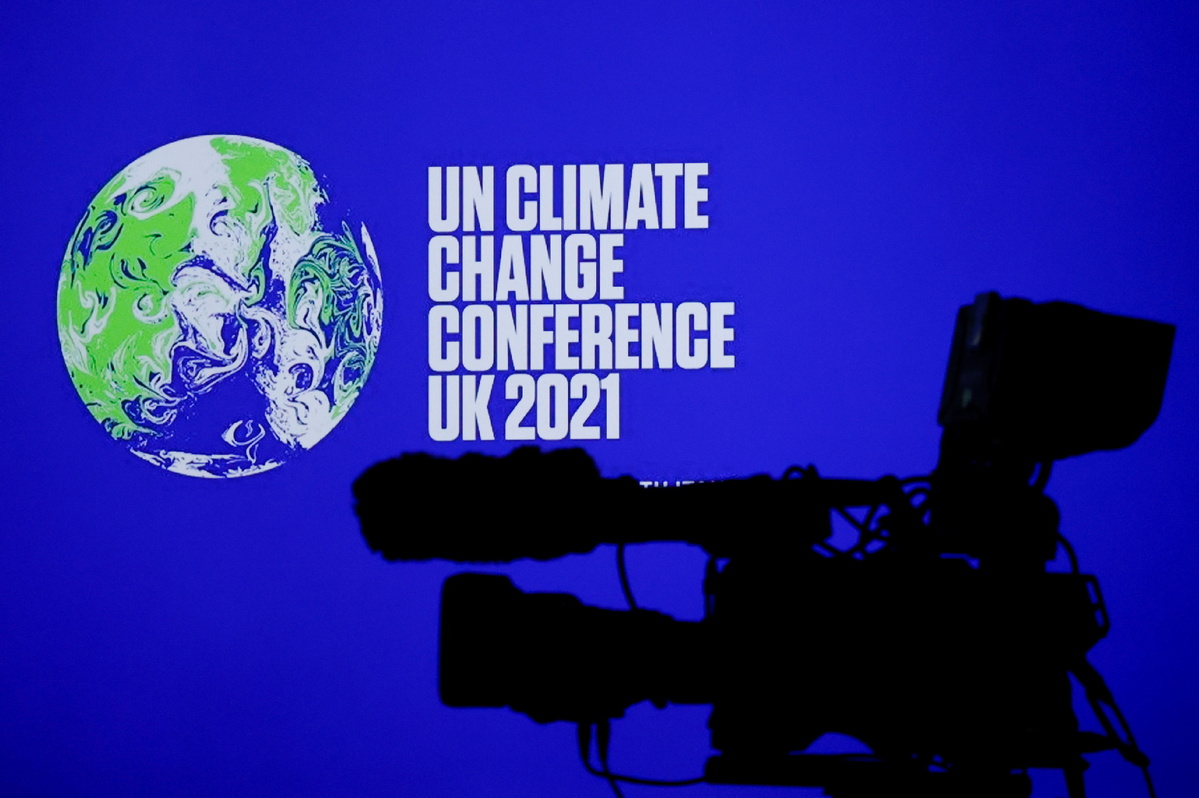World needs green energy innovations, not hot air promises


In their bid to showcase climate leadership ahead of the ongoing UN Climate Change Conference in Glasgow, Scotland, world leaders were once again talking about ambitious carbon reduction targets. US President Joe Biden, for example, has set the goal of creating "a carbon pollution-free power sector by 2035 and net zero emissions economy by no later than 2050."
Most rich countries' governments have formulated similarly ambitious targets.
Unfortunately, those targets will be prohibitively expensive. A new study in the journal Nature shows a 95 percent emission reduction by 2050-almost Biden's net-zero-would cost 11.9 percent of GDP or more than $11,000 present-day dollars for each US citizen every year.
Twenty-four years have passed since the adoption of the Kyoto Protocol, the first major global agreement promising to cut carbon emissions. Since then, the world has hosted hundreds of climate conferences and rich countries have reliably talked green, but emissions have kept increasing because leaders do not want to stick the huge price tag on the people.
In a frank analysis of the last decade of climate policy, the UN calls the 2010s a "lost decade". It cannot tell the difference between what has happened and a world that adopted no new climate policies since 2005. Just think of that: after all these climate meetings and all these climate promises, when looking at the actual emissions we can't tell the difference from the world we're in and a world where we didn't care to do anything about the climate crisis since 2005.
That puts the challenge the UN Climate Change Conference faces in perspective. World leaders can choose to do what they have done over the decades and contribute to yet another climate meeting in a world overflowing with well-meaning climate conferences. Country after country will show up and make nice sounding promises like transforming its electricity sector (which is responsible for only 19 percent of all the energy the world consumes) to renewables. There is a good chance those promises will eventually be revealed to be just as hollow as the last decade's worth of promises, because voters will reject the bill.
Or leaders could eventually go down a different path.
The real challenge with the current approach to climate policy is that as long as cutting emissions remains expensive, leaders will talk a lot but can do little. In the rich world, this is to avoid following in the embarrassing footsteps of French President Emmanuel Macron who had to backtrack to the "yellow vest" movement after proposing a modest increase in gasoline prices. And the poorer countries have much more important priorities, including boosting economic growth and lifting their populations out of poverty.
What is needed is a sharper focus on green energy research. If the world can create or "develop" green energy that is cheaper than fossil fuels, we would have solved the problem of global warming. And not just rich and well-meaning countries but every nation, including China and India, would switch to clean energy. Working with 27 of the world's top climate economists and three Nobel Prize winners, my think tank, the Copenhagen Consensus, found the most effective, long-term climate policy is in investing a lot more resources in green research and development.
During the 2015 UN climate conference in Paris, more than 20 countries including China promised to double R&D spending on green energy innovations by 2020. Unfortunately, most of them have failed this promise, too.
Instead of making big and expensive promises that future governments will have to backtrack on once citizens start protesting against rising power bills, leaders should immediately commit to spending much more on green R&D.
And the total cost for each country will be much lower than that under current climate policies. For 2030, our Nobel Prize-winning economists have suggested that the world increase its spending another $70 billion per year. Compare that to the $195 billion we are currently spending on subsidizing ineffective green energy.
At the Glasgow climate conference, the world leaders would be well advised to not repeat what has failed in the last decades, but emphasize a cheaper, smarter, better way forward that will actually help mitigate climate change: Drastically increase investment in green R&D to make sure we innovate technologies that can help the whole world to switch from fossil fuels to clean energy.
The author is the president of the Copenhagen Consensus.
The views don't necessarily reflect those of China Daily.
If you have a specific expertise, or would like to share your thought about our stories, then send us your writings at opinion@chinadaily.com.cn, and comment@chinadaily.com.cn.


































